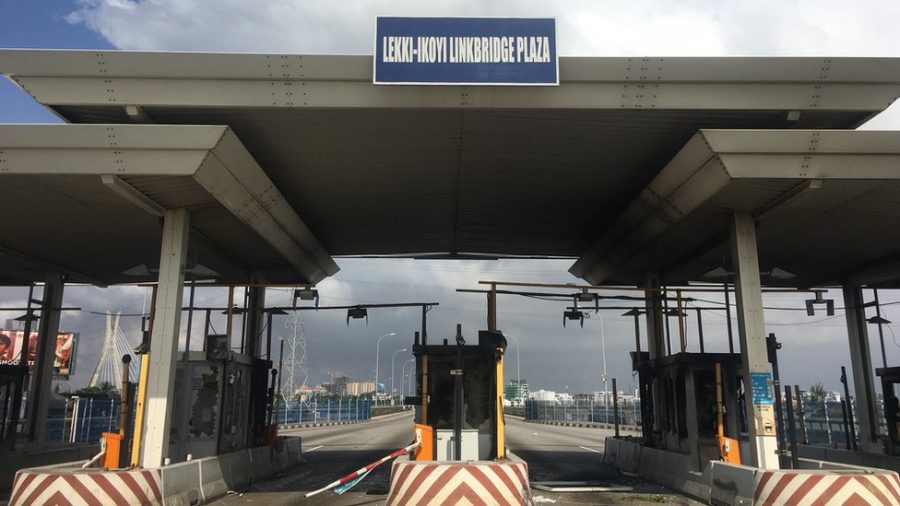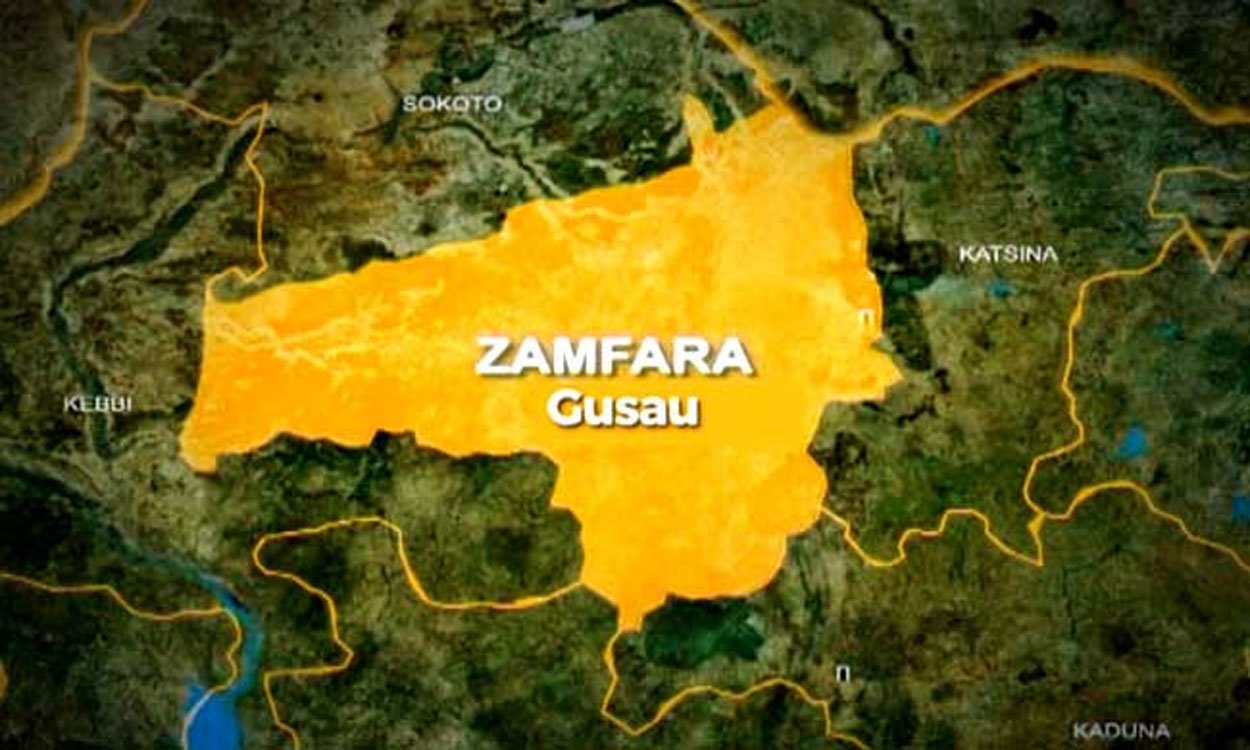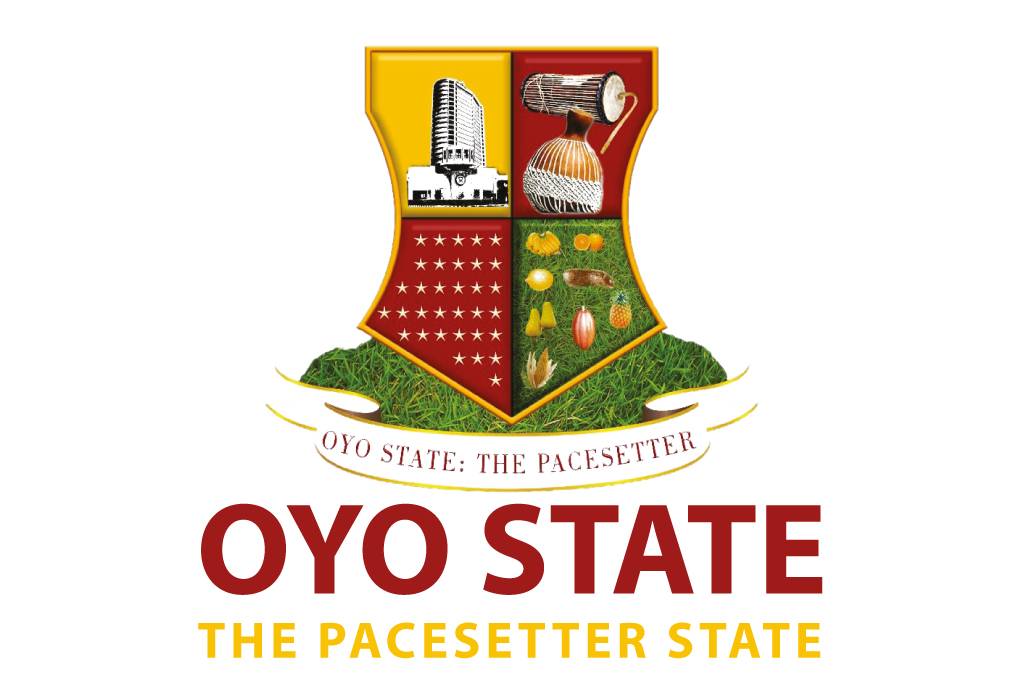The Central Bank of Nigeria (CBN) has issued a new regulatory framework that will see it taking over billions of naira sitting in dormant accounts, warehousing it and investing the proceeds in treasury bills and other government securities.
The guideline dated August 6, but just released by the CBN, outlines the management procedures of funds trapped in dormant accounts, what the funds could be used for, pending refunds to customers, compliance expectations, monitoring and evaluation, dispute resolution and sanction for violations.
The circular signed by the Director of the Financial Policy and Regulation Department, Chibuzo Efobi, said the apex bank would establish the Unclaimed Balances Trust Fund (UBTF) with a substantive management committee for the proper administration of the money.
Eligible accounts, according to the document are dormant accounts balances that have remained with financial institutions for 10 years and beyond.
Dormant accounts/unclaimed balances and other financial assets in savings, current, term and domiciliary accounts are affected. Financial assets whether in form of salaries, wages, bonuses or commissions held in cards and wallets will also be remitted to UBTF Account Pool for CBN custody.
The regulator added that “funds received from a correspondent bank without sufficient details as to the rightful beneficiary and/or a recall of funds made to the remitting bank to which the Nigerian bank’s account had not been debited, a judgment debt for which the judgment creditor has not claimed the amount of judgment award; and any other deposits or financial assets that may be designated by CBN” will also be part of the pool.
It revealed that the proceeds could be invested in Nigerian treasury bills (NTBs) and other securities that may be approved by the Unclaimed Balances Management Committee.
A beneficial owner is expected to visit any bank to fill out an asset reclaim form to commence the process of accessing the money while financial institutions have up to 10 working days to process and verify the claims after which the request is transmitted to the Central Bank.
On receipt, the apex bank, according to the rules, would, within another 10 working days, refund the amount involved to the financial institution originating the request for onward payment to the claimant, whose right to proceed is indefinite.
Where there are disputes, it noted, the resolution would be treated with dispatch in 15 working days.
“The CBN shall monitor and enforce compliance of financial institutions with this guideline through off-site surveillance as well as on-site routine and target examinations,” the regulation stated.
Under sanction, the document said a contravention of any provision of the guidelines would attract a penalty of not less than N2 million. And for failure to comply with CBN’s directive in respect of any infraction, the party involved would pay a” further penalty of N200,000 daily until the directive is complied with or as may be determined by CBN”.
The Securities and Exchange Commission (SEC) had similarly come up with a template to warehouse and manage unclaimed dividends on behalf of investors. The policy raised much dust with investors accusing the government of seeking backdoor access to take over private assets.
The CBN’s new directive will see banks losing the custody of billions of naira currently lying in different forms of dormant accounts.





